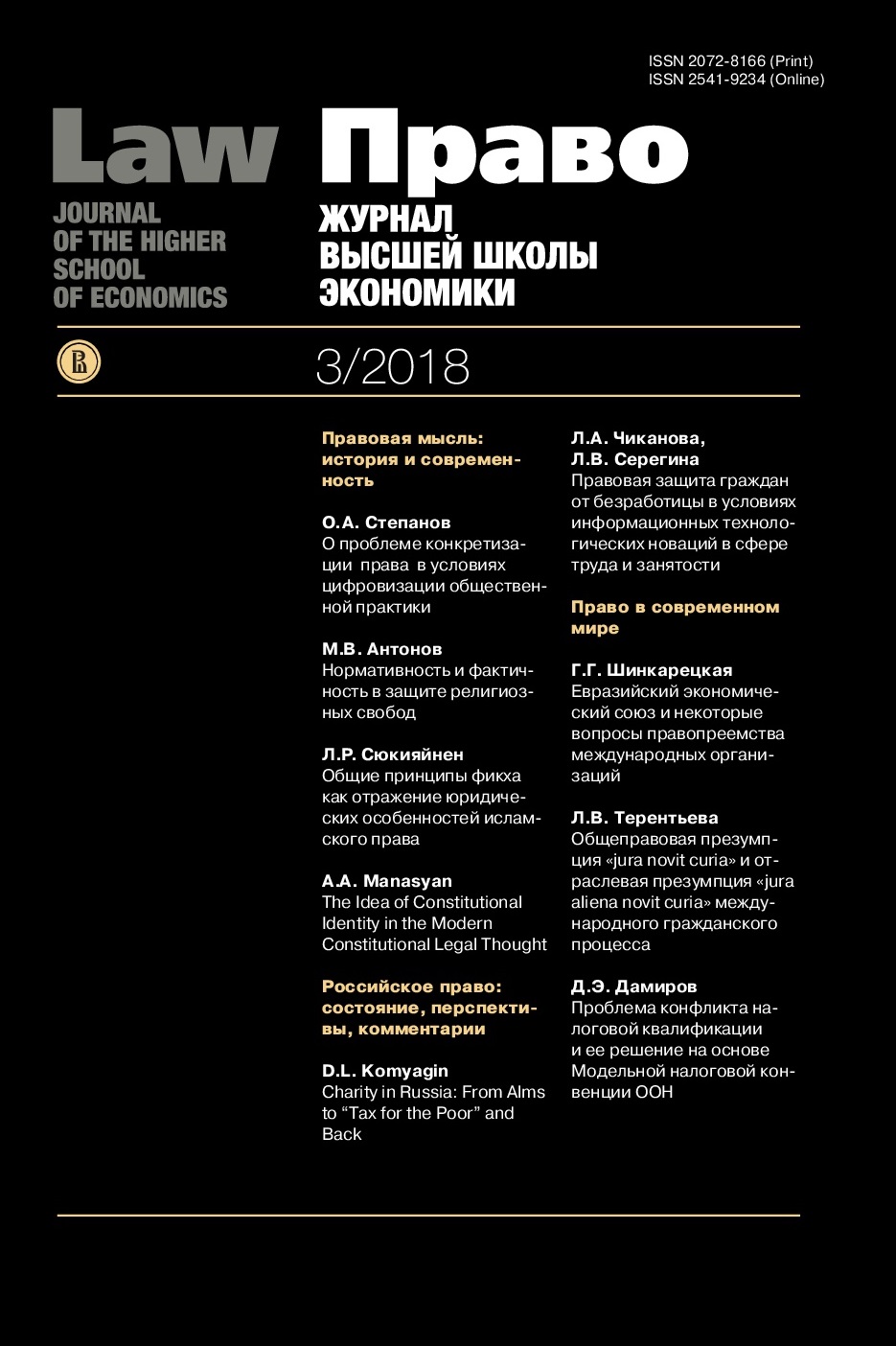Alternative Dispute Resolution
Abstract
Alternative dispute resolution (ADR) becomes a synonym for different techniques as alternative to the long and costly court procedure. Alternative dispute resolution became popular in the middle of 1990’s. At first, it was seen as a tool for the reduction of court’s backlogs. With the diminishing role of national chambers of commerce — as promoters of arbitrage courts — also the arbitrage became less and less popular among small and medium size enterprises. These processes were even more radical in ex-Socialist/Communist countries with no small and medium enterprises developed1. So, the new millennium with the developed IT infrastructure has brought out also new ideas about the society development. The Alternative dispute resolution is now presented as a procedure that is faster and cheaper than the court procedure. To avoid the negative sides of arbitrage more elements of court procedure were introduced (like role of experts, provisional measures…). To make Alternative dispute resolution more popular it was promoted as a procedure in which the parties can choose their own judge, produce their own law and even sell the risk of the possible decision. But the latest judgement of EU court in investment arbitrage2 could be the end of such approach. The main question is whether the arbitrage could be still an effective method of dispute resolution also for small and medium size enterprises. For the adequate answer the analysis of historical development of ADR should be seen. Through the historical development the essence of ADR could be explained. Submission is divided in three parts. Introduction presents the historical developments and logic behind ADR. Second part deals with goals and interests in ADR. Understanding the goals and interests helps in understanding the nature of disputes. The last part presents cases in which ADR could be still effectively used. The solutions presented is a synthesis of first and second part findings.
Published
2018-03-05
How to Cite
StrazhisharB. (2018). Alternative Dispute Resolution. Law Journal of the Higher School of Economics, (3), 214-233. https://doi.org/10.17323/2072-8166.2018.3.214.233
Issue
Section
Law in the Modern World


















